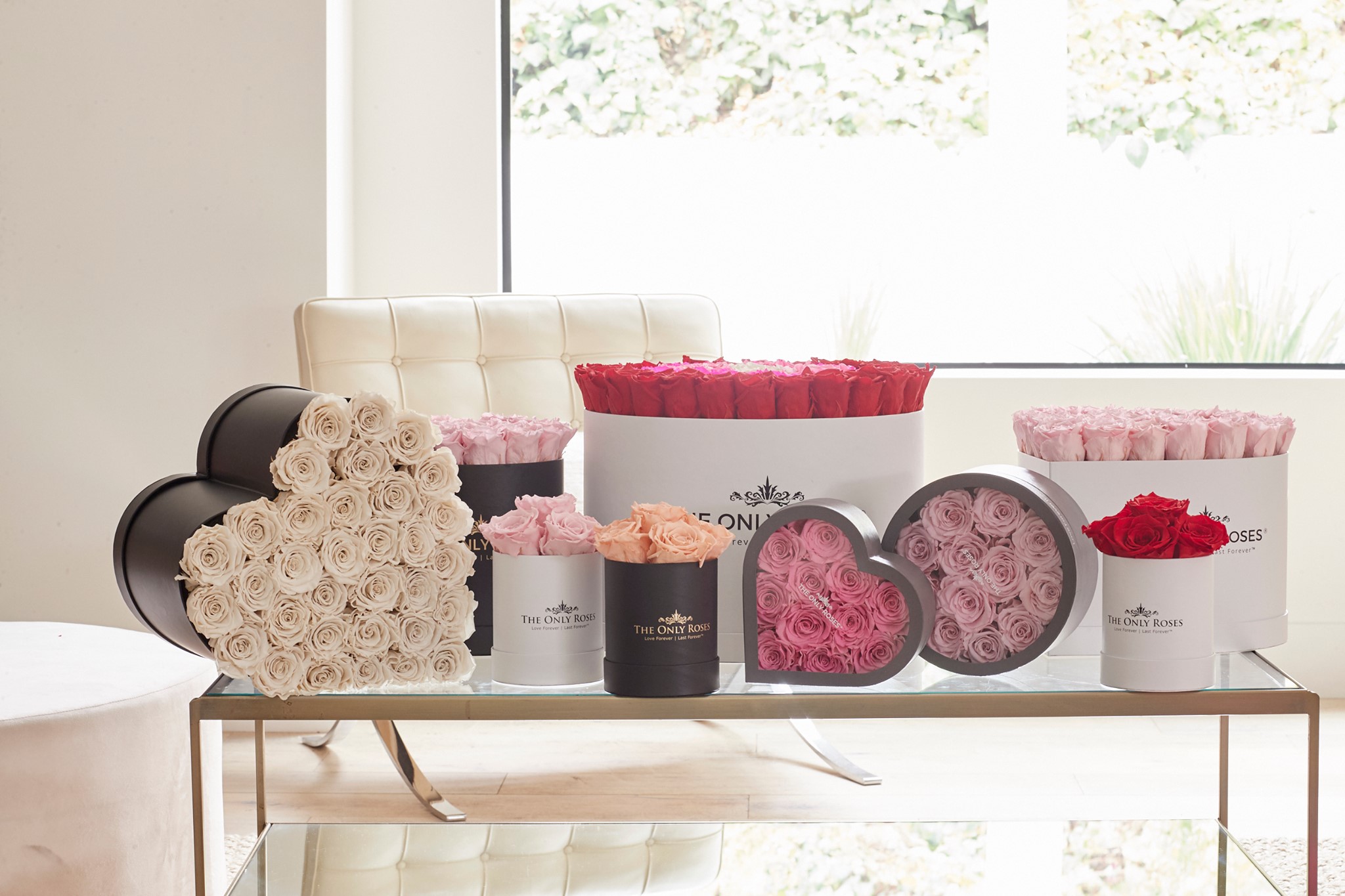- All
- Product Name
- Product Keyword
- Product Model
- Product Summary
- Product Description
- Multi Field Search
Views: 196 Author: XianDa Publish Time: 2024-12-23 Origin: Site

Content Menu
● How to Plant a Window Flower Box
● Choosing the Right Window Box
● Selecting Plants for Your Window Box
● Advanced Planting Techniques
>> The "Thriller, Filler, Spiller" Method
>> The "Suspension Bridge" Approach
● Troubleshooting Common Issues
Window flower boxes are a charming way to add color and life to your home's exterior. Whether you're a seasoned gardener or a beginner, creating a beautiful window box is an achievable and rewarding project. This comprehensive guide will walk you through the process of planting a stunning window flower box, from selecting the right container to maintaining your blooms throughout the season.
Before you start planting, it's crucial to select the appropriate window box for your space. Consider the following factors:
- Material: Window boxes come in various materials, including wood, plastic, fiberglass, and metal. Cedar and redwood are excellent choices for wooden boxes as they resist rotting.
- Size: Ensure the box is at least 8 inches wide and 8 inches deep to provide adequate space for roots and soil.
- Drainage: Make sure your box has drainage holes to prevent waterlogging.
- Color: Choose a color that complements your home's exterior.

Once you've chosen your window box, follow these steps to prepare it for planting:
1. Install the box: Secure the window box to your home using steel brackets spaced about 18 inches apart.
2. Line the box: If desired, use a plastic liner to protect wooden boxes and improve moisture retention.
3. Add drainage material: Place a layer of broken clay pots (crocks) at the bottom of the box to improve drainage.
When choosing plants for your window box, consider the following:
- Sun exposure: Select plants that match the amount of sunlight your window box receives.
- Color scheme: Choose a complementary color palette that enhances your home's exterior.
- Plant height: Include a mix of tall, medium, and trailing plants for visual interest.
Some popular choices for sunny window boxes include:
- Geraniums
- Petunias
- Marigolds
- Sweet alyssum
- Lobelia
For shaded areas, consider:
- Impatiens
- Begonias
- Coleus
- Fuchsia
- Caladiums
Now that you've prepared your box and selected your plants, it's time to start planting. Follow these steps:
1. Fill the box with potting mix: Use a high-quality, lightweight potting mix, filling the box to about an inch from the top.
2. Add slow-release fertilizer: Mix in a slow-release fertilizer to provide nutrients throughout the growing season.
3. Arrange your plants: Place your plants in the box while still in their nursery pots to determine the best arrangement.
4. Plant your flowers: Gently remove each plant from its pot, loosen the roots, and place it in the soil. Add more soil around the roots and press firmly.
5. Add finishing touches: Fill any gaps with additional soil and consider adding decorative elements like moss or small ornaments.
To keep your window box looking its best, follow these maintenance tips:
- Watering: Water regularly, especially during hot weather. Window boxes dry out faster than in-ground plants.
- Fertilizing: Apply a water-soluble fertilizer every 1-2 weeks during the growing season.
- Deadheading: Remove spent blooms to encourage continued flowering.
- Pruning: Trim back overgrown plants to maintain the desired shape and size.
- Seasonal changes: Replace plants as needed to keep your window box looking fresh throughout the year.
To take your window box to the next level, consider these advanced planting techniques:
This popular technique involves using three types of plants:
1. Thriller: A tall, eye-catching plant placed in the center or back of the box.
2. Filler: Medium-sized plants that fill in the spaces around the thriller.
3. Spiller: Trailing plants that cascade over the edges of the box.
This method is particularly useful for longer window boxes:
1. Place three "thriller" plants equidistant from each other to create the "peaks" of the bridge.
2. Fill in the "valleys" between the peaks with filler and spiller plants.
Adapt your window box to the changing seasons:
- Spring: Plant pansies, tulips, and daffodils for early color.
- Summer: Use heat-loving annuals like petunias, verbena, and calibrachoa.
- Fall: Incorporate mums, ornamental kale, and pansies for autumn interest.
- Winter: Add evergreen branches, berries, and cold-hardy plants like hellebores.


Even with the best care, window boxes can sometimes face challenges:
- Overwatering: If leaves turn yellow or plants wilt, reduce watering frequency.
- Underwatering: Crispy leaves or drooping plants indicate a need for more water.
- Pest problems: Inspect regularly for signs of insects and treat promptly with appropriate methods.
- Nutrient deficiencies: Yellowing leaves may indicate a need for fertilizer.
Creating a beautiful window flower box is a rewarding way to enhance your home's curb appeal and bring nature closer to your living space. By following these guidelines and tips, you'll be well on your way to designing and maintaining stunning window boxes that will be the envy of your neighborhood. Remember to experiment with different plant combinations and don't be afraid to adjust your design as the seasons change. With a little care and creativity, your window boxes will provide year-round beauty and enjoyment.
Citations:
[1] https://www.zucchinisisters.com/window-box-flowers/
[2] https://www.youtube.com/watch?v=Bbr8lCGssOc
[3] https://harmonyinthegarden.com/2022/07/one-window-box-four-seasons/
[4] https://www.reddit.com/r/gardening/comments/1b760ys/requesting_tips_for_window_boxes_first_timer/
[5] https://www.thecoastaloak.com/how-to-plant-window-boxes/
[6] https://www.thespruce.com/spring-window-boxes-4149843
[7] https://www.bhg.com/gardening/container/plans-ideas/how-to-plant-window-box/
[8] https://www.youtube.com/watch?v=v0ui3QNdsbA
[9] https://plantersplace.com/container-gardening/container-corner/easy-annuals-for-window-boxes/
[10] https://www.containedcreations.com/blog/plant-window-boxes-like-a-pro